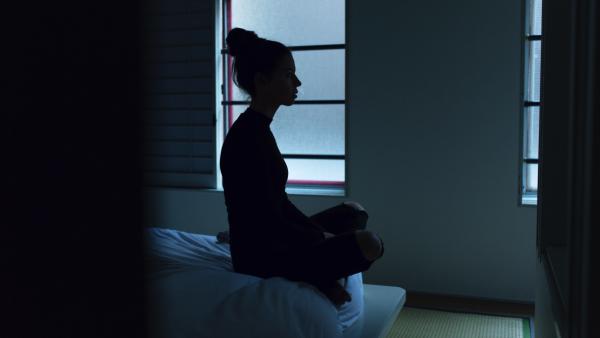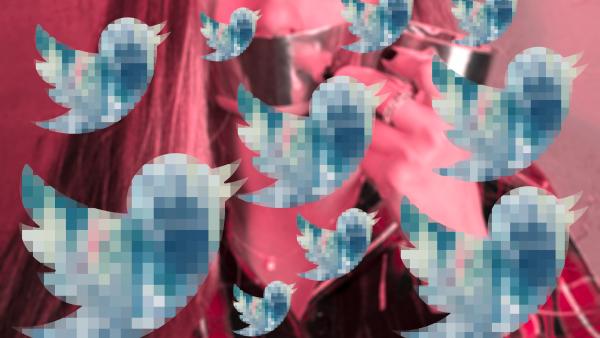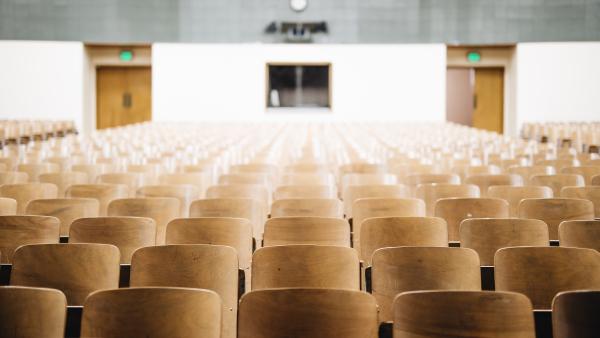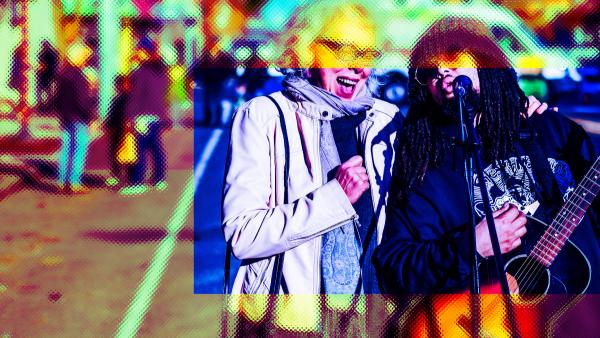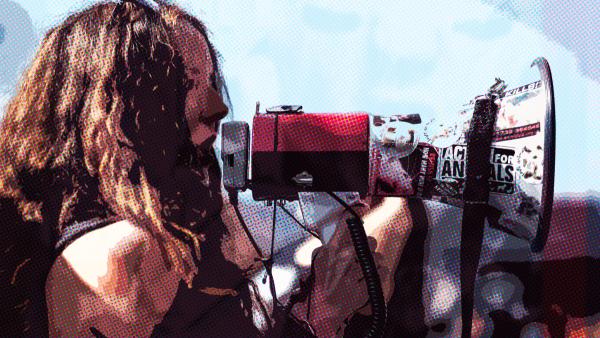One way to survive on not quite enough sleep? Writer Daniel Pink swears by what he calls a "nappuccino," a short nap with a cup of coffee. You might want to take notes on this one.
Social Trends
Every night, millions of us turn out the lights hoping and praying for a good night’s sleep. And every night, millions of us lie awake in the dark.
Africans are moving into cities in unprecedented numbers. Lagos, Nigeria, is on track to have 100 million people. So how and why do cities thrive?
Kathryn Bond Stockton is an English professor and queer theorist and a self-professed lover of kissing. She wrote a whole book just to make out what kissing means in our lives.
Journalist Alissa Quart thinks it's unfair when people's reputations are torn to shreds on Twitter for saying the wrong thing. She even wrote a poem about it.
College students on the left are demanding protection from words and ideas they consider harmful. Social psychologist Jonathan Haidt worries that the end result will be a generation that doesn’t know how to have real debates or constructive arguments.
Millions of people are caring for someone with severe memory loss, trying to find ways to connect. One of the best ways anyone has found is music.
Your voice is unique. It's how your friends and family know you. But how comfortable are you with your voice? And how freely do you use it?


